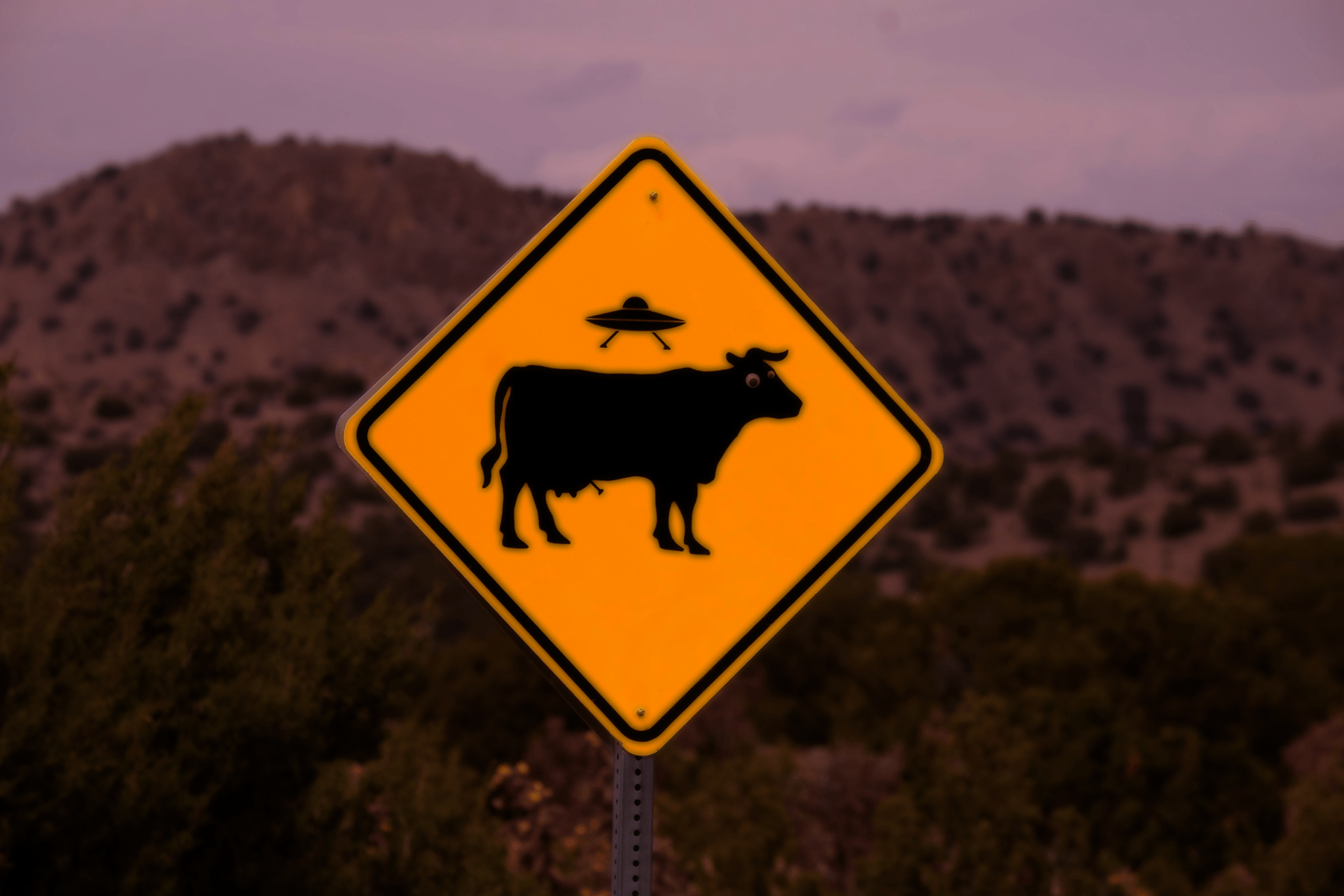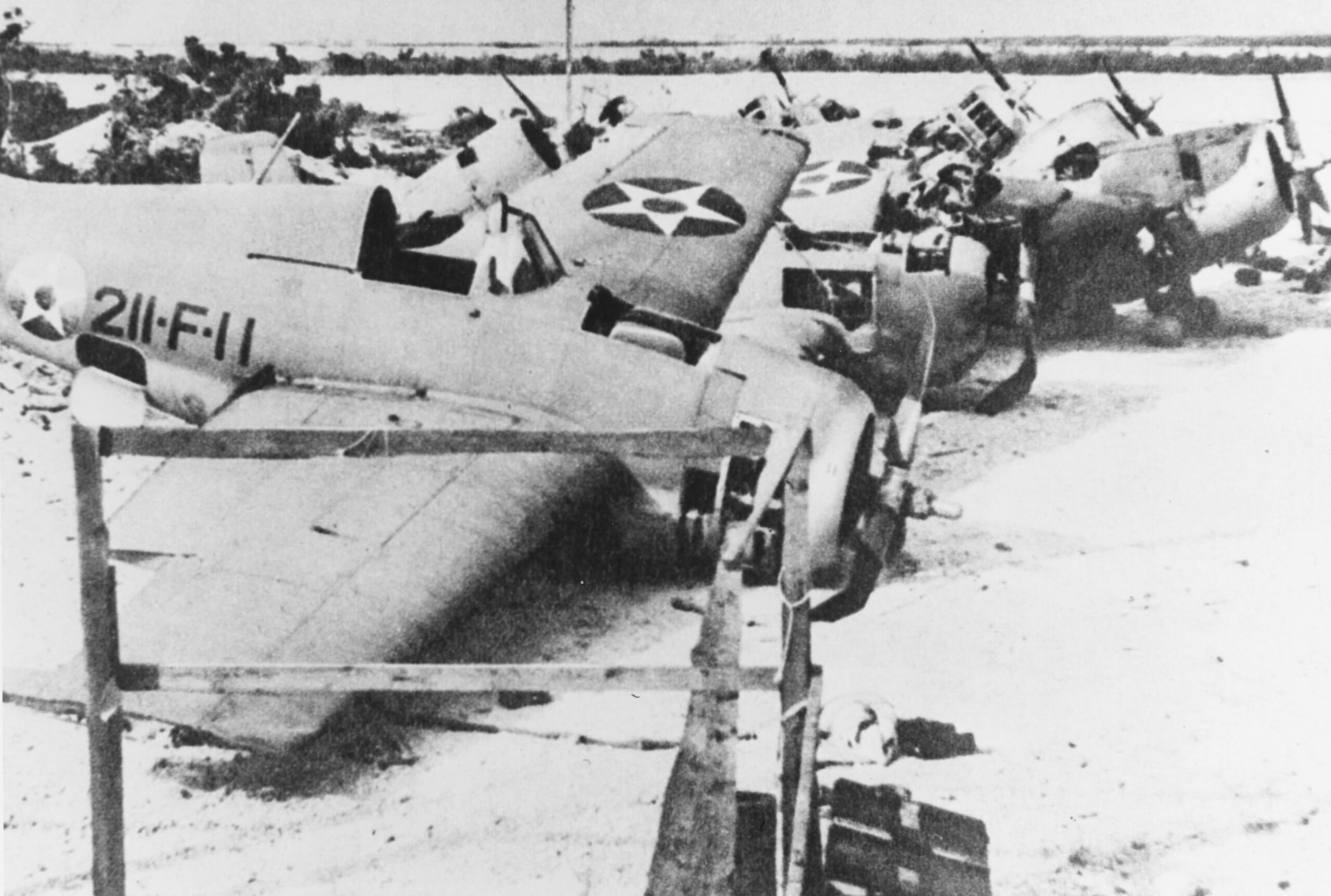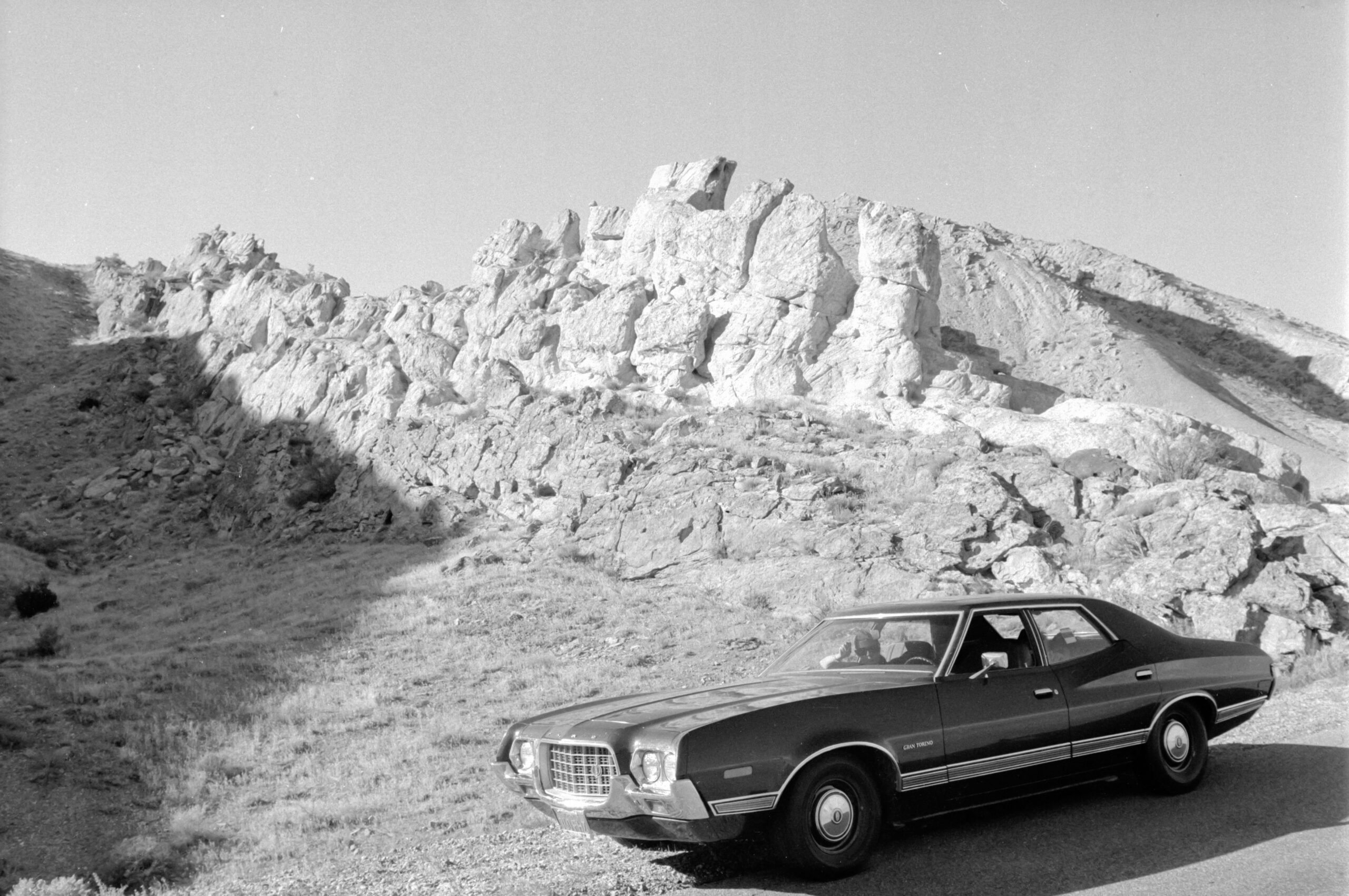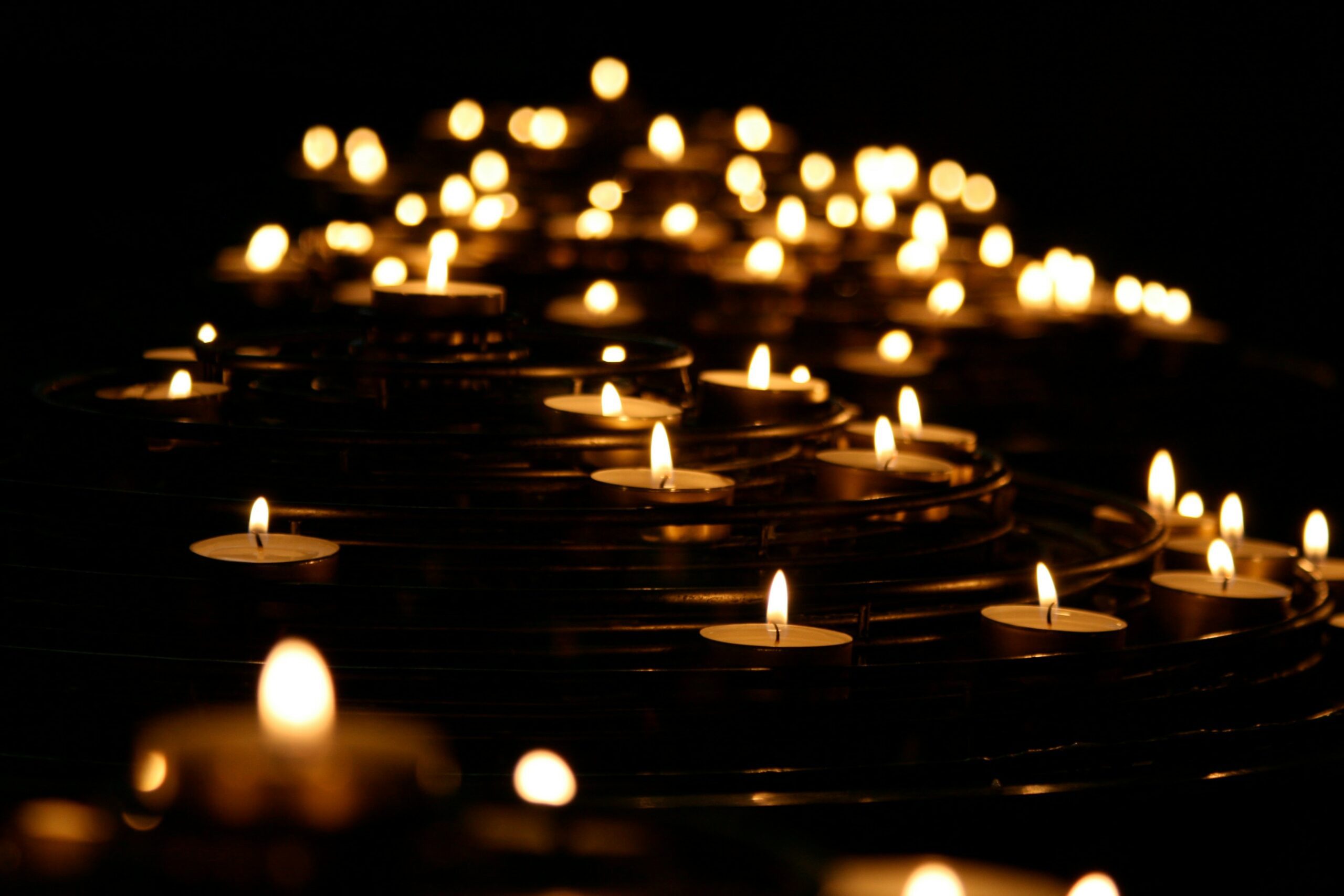No, no it didn’t. ⋞Something Happened Here: Roswell prepares for Pentagon’s UFO report⋟ On the eve of the release of the Pentagon’s highly anticipated report on unidentified aerial phenomena, life here in one of...
The Wake Island Story Part II
Wives Cope With Husband’s Memories (Part 2 of the Wake Island Story) By Steve PollockThe Duncan (OK) Banner)Sunday, August 13, 1989 MARLOW — It all came back to them this weekend — fists lashing out during...




